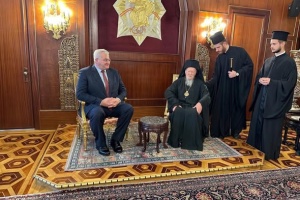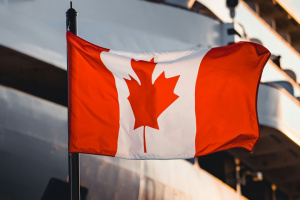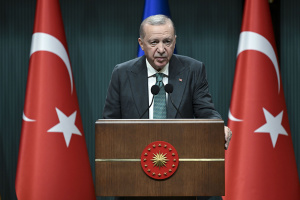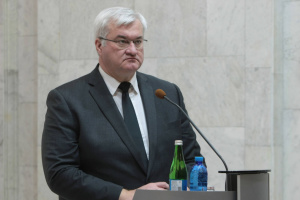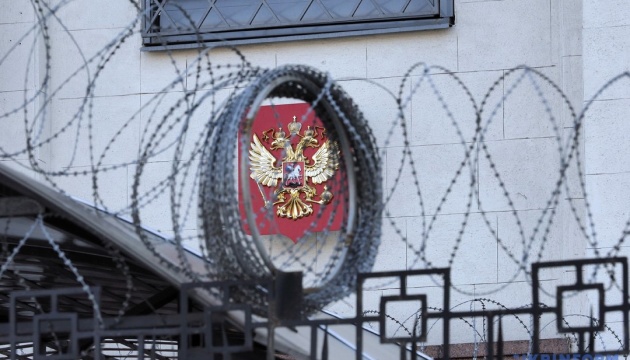
New US Legislation on Russian Assets Seizure: What to Expect Ahead
At the end of April, President Biden signed into effect a law to give the president power to confiscate frozen Russian sovereign assets held in American banks and use the money for Ukrainian reconstruction and reparations for war damage. Corresponding provisions, originally drafted as part of the Rebuilding Economic Prosperity and Opportunity for Ukrainians (REPO) Act, eventually found their way into the national security package 2024 (H.R.815), the same legislation that contains over $60 billion in aid to Ukraine. However, the law deals only with the specific Russian assets that are subject to the jurisdiction of the United States, which in total amount to no more than 2% of the external sovereign assets deposited by the Russian Federation in various jurisdictions. On the one hand, this might seem a very small amount. But a precedent is what matters here: America should provide the lead for other countries to follow; it should become a “judicial locomotive" to drive the complicated, complex legal process of seizing Russian assets across the world.
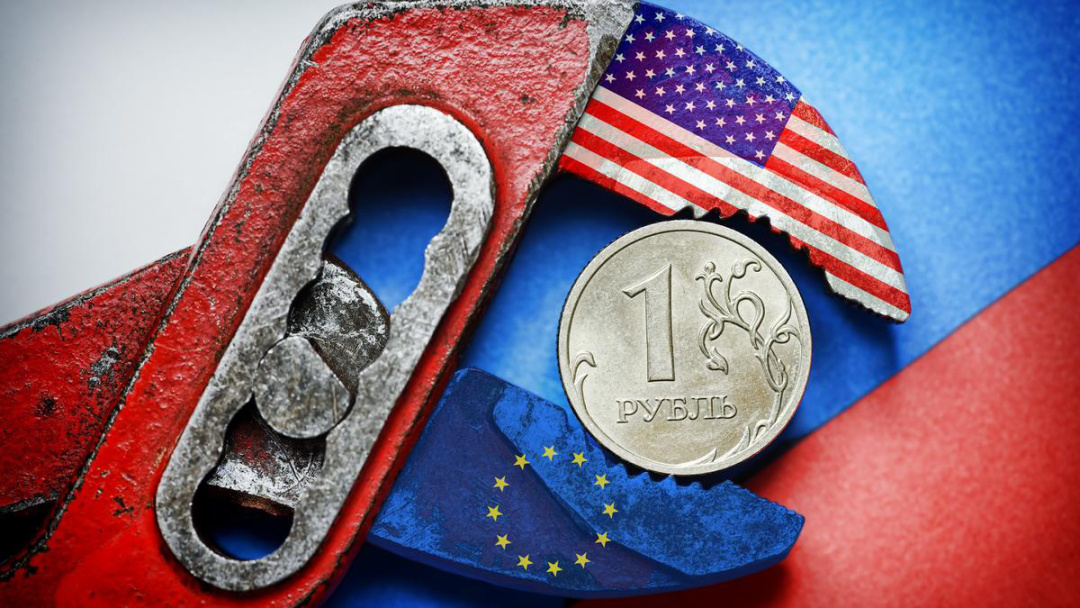
JUDICIAL JUSTIFICATION
These provisions of the REPO Act are laid out in the second chapter of the law H.R.815, titled “Repurposing of Russian sovereign assets”. The legislation identifies the amount total of frozen Russian assets deposited in different jurisdictions across world at around $300 billion, with the U.S. accounting for less than 2% or just $4-5 billion of that amount. It is furthermore noted that a majority portion of Russian immobilized assets amounting to some $190 billion are deposited in Belgian bank accounts. The government of Belgium has stated on record that it will rely on the support of the G7 in all its actions, the document says.
The law furthermore emphasizes that Russia has committed an act of aggression, which the UN General Assembly confirmed in its resolution adopted on March 2, 2022, and so the Russian Federation "should be considered an aggressor state." This creates a unique situation and justifies the creation of legal power for the governments of the USA and other concerned countries to confiscate Russian sovereign assets. The document thereby provides a solution to a key legal issue regarding the deprivation of foreign sovereign assets of immunity protection, thus providing legal grounds for this to happen. In its most important provision, the law lays the legal groundwork for implementing an international mechanism to confiscate frozen Russian sovereign assets without the risk that Moscow will be able to recover its money through the courts.
The law also defines specific mechanisms to transfer Russian money for the benefit of Ukraine. In particular, it makes an explicit mention of the need to create, jointly with Ukraine, an international compensation mechanism for damages caused by Russia's actions. To this end, the law prescribes the establishment of an international register of damages, which will serve as an evidentiary basis for justifying, in legal terms, the confiscation of Russian sovereign assets.
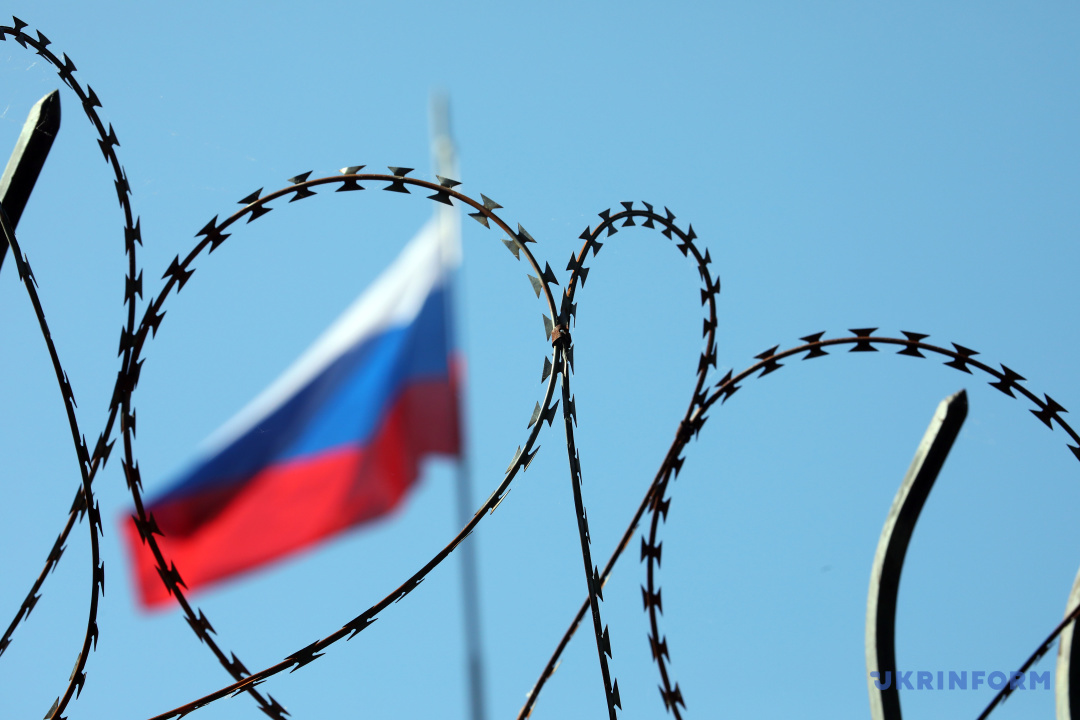
CONSTRAINTS, LIMITATIONS, AND OTHER PROVISIONS OF INTEREST
That being said, the new law provides some constraints and limitations. In particular, it requires that all Russian immobilized sovereign assets remain frozen until hostilities between Russia and Ukraine have ended, and Russia has fully compensated Ukraine or is participating, in good will, in an international mechanism that will do so. The law determines, however, that Russia’s diplomatic or consular properties protected under international law should be immune from confiscation.
On the other hand, the law stipulates that in case the US president determines that Belarus is a party to Russia’s war waged in Ukraine, Belarusian sovereign assets may also be subject to constraints under this legislation.
Importantly to note, the granting of new powers to the US President over Russian money heralds negotiations with allies over how far to go in transferring Russian assets to the tasks of humanitarian aid and of reconstruction, rebuilding and recovery of Ukraine. The legislation requires the government to “work with international allies and partners on the confiscation and repurposing of Russian sovereign assets as part of a coordinated multilateral effort including with G7 countries and other countries in which Russian sovereign assets are allocated”. The new law incorporates a long section outlining steps that the president may determine are appropriate in setting up such an international mechanism, including consultation with the G7, European Union, Australia, and other allies. In practice, this entails the establishment of an international mechanism that is targeted at more than just Russian assets deposited in American banks.
Further, the law stipulates that the president can confiscate Russian sovereign assets “for the purpose of transferring those funds to the Ukraine Support Fund”, which then be used “for the purpose of providing assistance to Ukraine for the damage resulting from the unlawful invasion by the Russian Federation that began on February 24, 2022”.
The legislation requires the president to “meaningfully coordinate with G7 leaders to take multilateral action with regard to any seizure, confiscation, vesting, or transfer of Russian sovereign assets for the benefit of Ukraine. The president, for his part, can receive and use the assets of the Ukraine Support Fund, along with contributions from foreign partners who have confiscated the sovereign assets of the Russian Federation.
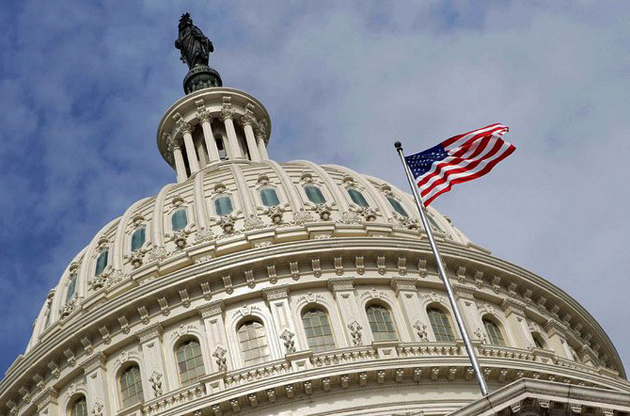
WILL THE LAW HELP RESOLVE THE WAR DAMAGE COMPENSATION ISSUE AND TO WHICH EXTENT?
It must be appreciated that the new legislation doesn’t require an immediate seizure of Russian sovereign assets - even those 2% that are located on the US territory. These assets remain immobilized for now. Alongside that, the above specified provisions do not require, but empower the US president to confiscate money from Russian accounts.
So what will matter much in this context is who becomes the next head of the White House after the election in November. Currently, the presidential race has come down to a contest between Joe Biden and Donald Trump. There is obviously no need to explain how each of these politicians feels about supporting Ukraine.
Another essential effort that will take a substantial amount of time is to reach a collective decision on joint actions to be pursued together by US, G7 partners, the European Union and other stakeholder countries.
Finance ministers and central bank leaders from G7 countries will come together in the Italian resort town of Stresa for an important meeting, set for May 24-25, to discuss and agree on an overall confiscation plan, which would herald the reach of collective “political will”. That being said, it is expected that France, Germany, and members of the EU leadership will be the hardest to convince, and the United States should play the key role in this effort. If everything goes to plan, the final decision will be considered at the G7 summit scheduled for June 13-15 in Apulia, Italy. However, there is a strong probability that talks on the confiscation of sovereign assets of the Russian Federation may continue beyond that time, given the complexity and holistic nature of the issue.
At the same time, positive signals are coming from Europe regarding the use of interest generated from Russian frozen assets for funding the defense needs of Ukraine. Even though this circumvents the main objective, which is to seize all of the $300 billion worth of Russian assets kept deposited in foreign jurisdictions to compensate Ukraine for the losses inflicted by Russia, such a move will definitely bring us closer to this goal.
POTENTIAL RUSSIAN REVENGE
The Kremlin has taken the new U.S. legislation with provisions on the seizure of its sovereign assets as a pretext for the escalation of tensions in bilateral relations. Moreover, the Russian regime will highly likely take reciprocal measures, for example, by confiscating any movable or immovable property of the USA or American companies located on Russian territory. Alongside that, similar measures can be applied also to American investments or funds held in Russian banks by American individuals and legal entities.
Moreover, confiscatory measures can be applied to not only American, but also transnational corporations, and -- in the event a decision regarding Russian assets is made at the G7 and EU levels – to the assets of the countries that will agree on such a move.
Foreign investors in Russia risk losing not only profits, but also control over the property they still hold in the Russian Federation, including cash and securities. On the other hand, this will only speed up the process of Western businesses’ exodus from the Russian Federation, for reasons because it is an aggressor state and an unpredictable, insecure market.
So, despite all the difficulties and hurdles the international community will have to overcome in order to eventually get Russian immobilized assets confiscated, the new US legislation, with provisions of the REPO Act, gives an important boost to this complex and complicated challenge. Although this legislation doesn’t solve a majority of the most problematic issues in one fell swoop, it nonetheless lays the groundwork for international agreements and for a legal mechanism to compensate Ukraine for the war damages and losses at the aggressor’s expense.
Yaroslav Dovhopol, Washington

